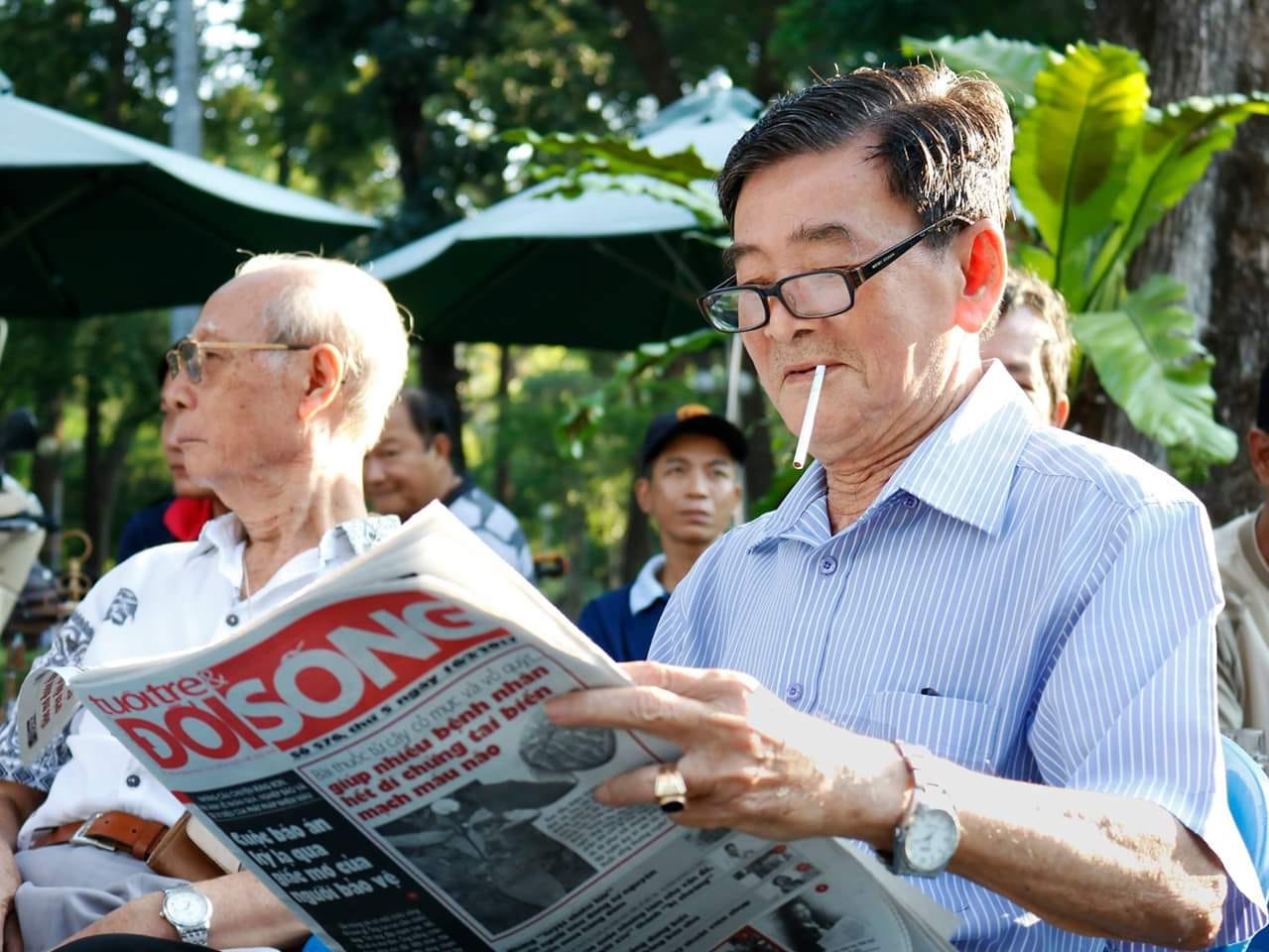
OGP principles and values strongly align with the existing guidelines, policy and law on governance promulgated by the Vietnam ese Communist Party and the State. With respect to the eligibility criteria and under current situation, Vietnam is likely to increase its eligibility scores.
Access to Information
Vietnam has received maximum points on this front since it has put the Law on Access to Information in place in 2017 and this Law will take effect as of July 2018.
Asset Disclosure
The Government Inspectorate is now drafting the amended Law on Anti-Corruption that will be reviewed and approved in the National Assembly’s plenary sessions in 2018. The most recent draft introduces a new article on providing information of asset declaration, which extends the regulations to cadres, public servants and state employees. The current development combined with increasing pressures from people demanding the state to enhance anti-corruption effectiveness may raise the hope that there will be newer and more practical regulations on asset disclosure to be enshrined in the amended Law on AC. On this front, Vietnam will obtain at least one more point.
Fiscal transparency
Vietnam will most likely score two more points on this front in the time to come. Currently, due to the delay in the publishing of Vietnam’s Audit Report and the inaccessibility of the Executive’s Budget, Vietnam receives ‘zero’ score for ‘fiscal transparency’. However, it is observed that increasing scores for Vietnam in this respect seems possible since the time limit for the Audit Report to be published coincides with that stipulated in the 2015 Law on State Budget. Specifically, Clause 7 of Article 7 of this Law states that “the National Assembly shall consider approving the statement of central government budget within 18 months from the end of the fiscal year and Clause 1 of Article 71 requires “State Audit of Vietnam shall audit the statement of central government budget before submitting it to the National Assembly for consideration and approval”. The Audit Report of the statement of the government budget 2013 was released by the State Auditor at the press conference on 10/07/2015, only 18 months and 10 days after the end of the fiscal year 2013. In this context and under pressure of the new Law on State Budget, Vietnam is highly likely to meet the 18-month target. As a result, Vietnam will gain two more points in this regard.
Citizen engagement
Among the criteria, this criterion is most challenging in Vietnam since it deals with civil liberties-related issues. However, there is a likelihood in increasing its score for a number of newly promulgated laws such as Law on Access to Information, Law on Referendum, and Law on Press 2016 introduce new regulations that are instrumental to producing positive results. This progress illustrates a noticeable trend in which people’s participation in governance is more observed.
In summary, OGP is in line with Vietnam’s current legal and policy framework. It helps the country strengthen the implementation of the existing laws and policies. This also implies that OGP is neither an institution threatening to the political system nor a burden for the State. In addition, OGP is not an international treaty, but an international institution (or a platform), where the governing rules are simpler and more flexible than those of other institutions and international treaties, for example UNCAC.
In the coming time, Towards Transparency and other interested CSOs look forward to continued engagement from interested parties such as the state, development partners, non-state actors towards achieving greater openness and improved anti- corruption in Vietnam.

